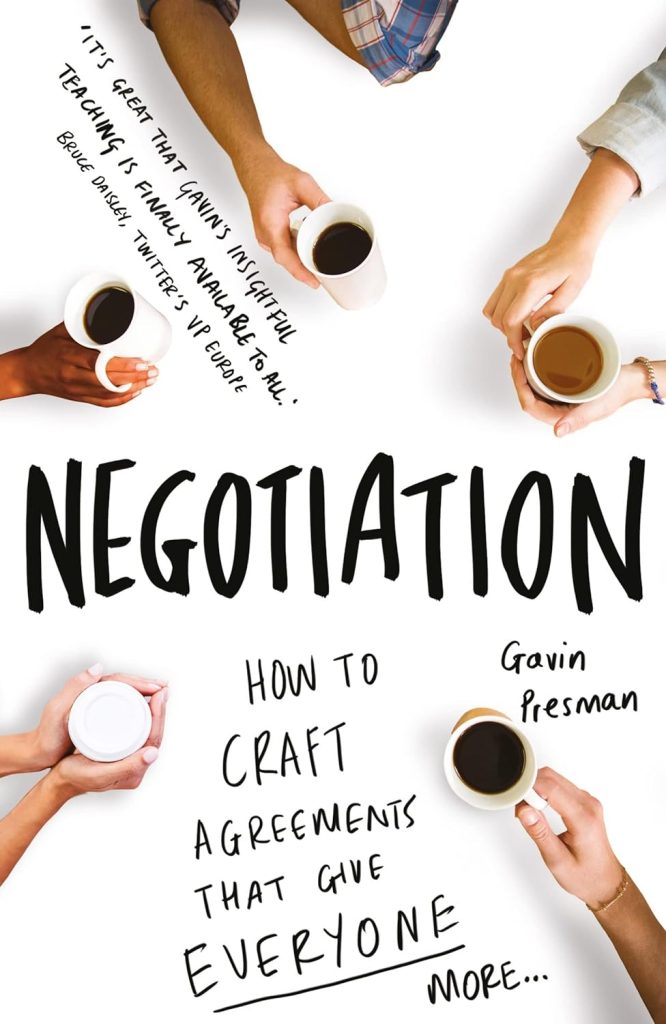

by Rachel Smith
28 November 2023
I was recently chatting to a friend who’d been offered 20c/word for an 800 word piece by a digital agency that should know better. It was so far beneath her very senior experience that she was, rightly, appalled. But also in the position of things being slow work-wise, she was wondering if she should just ‘suck it up’ and do it. Often, I see that as being the default position from people who a) don’t want to lose the work or b) don’t know how to negotiate freelance rates (or are too scared to try).
“I could probably knock it over in a couple of hours,” she told me on the phone. “But I am just loathe to do it for so little.”
I’ve been there. I’ve gritted my teeth, taken the money and done the job – but doing this has more than a few downsides, but here are two:
My friend had scripted something to send back to the client, and wanted a second opinion. I do this all the time with tricky emails I have to write – having a colleague you trust to look over something can be invaluable. Just a tweak of a line or a word or adjusting the tone can get you the desired result and often, a colleague who’s not close to the project like you are will find that easier to do.
I read it through. “It’s fine, but it could be a bit more, well, badass,” I told her. “It needs more of you saying ‘This is what I’ll work for, take it or leave it’, rather than asking them if that’s ok.”
Asking leaves the negotiation in their court, and more often than not they’ll come back and mournfully tell you that budgets are tight and that’s all they can offer.
Telling them that you get paid $X for this type of work puts you in a more powerful position. That person might think, ‘Okay, so they ALWAYS get 70c/word for this kind of thing… if I want this person I’m going to have to bump it up’.
I also think if you’re very clear about what you need to be paid, people tend to listen and one of two things happen: they either don’t have the budget, tell you so, and go to the next person – or they funnel a bit more of the budget they do have your way. If the person has come to you with the offer, the stating-rather-than-asking model will be easier, too.

I interviewed Gavin Presman recently, who wrote Negotiation: How to craft agreements that give everyone more. It’s a great book, especially if you’re doing high level negotiations. He’s all about the planning. I asked him why freelancers are often so nervous about negotiating for better money. “We pretend we can’t do it, and we pretend we’re not good at it, when in fact it’s a completely natural skill,” he told me.
“The problem with negotiation is we listen too much to our thinking, which points us to our anxiety and our fear and our worry about what people might think or say. We also think about it in terms of ‘I have to get something from this person, I have to win’ rather than being collaborative.”
My friend sent her revised email to the client, who came back and offered to meet her halfway. It was still crappy money, but better than the original offer. If this happens, it’s up to you to either walk away, or agree to the rate, but being clear that you are making an exception and your usual rate is $X. That simply leaves the door open for a new negotiation the next time the client comes to you with a commission.
Here are some tips on how to negotiate freelance rates (that is, better rates than you may be getting):
If you have a rule that you don’t write for under 70c or 90c a word, that’s because you’ve earned that rate. You’ve set that rate to take into account your expenses and you lose money if you write for under that. Go into negotiations feeling good about that fact.
Rudeness or hostility won’t get you anywhere when you’re talking money. “Too often we can get stuck in our position, but you get far more from being collaborative,” says Presman.
Presman believes ‘If’ has a magical quality when it comes to negotiating. ”If’ contains the essence of conditionality. When you use it, you demonstrate the flexible nature of the discussion, and you highlight the conditional quality of what you are proposing.”
He suggests using a model where you say ‘If you… then I…’ so the person feels like they’re getting something. This might be as simple as stating your freelance rate then saying, ‘If you can find room to move in the budget, then I can pop it on my schedule and get started immediately’. You state what you need (the desired rate), then what they’ll get (you prioritising their project).
A client who can’t or won’t even meet you halfway is a bit of a red flag, in my book. You’re better off spending your time chasing clients with a budget.
They can often tweak an email or see ways to improve it that you can’t.
Learning to negotiate is one of the trickiest parts of being a freelancer – and if you need some assistance in this area, check out our ebook, 25 Scripts for Freelance Success. It features a range of essential scripts for common situations you can use in order to communicate effectively with clients and editors.
We all struggle with knowing how to negotiate freelance rates at times. Do you find this tricky or have you got it down pat? Any tips to share?